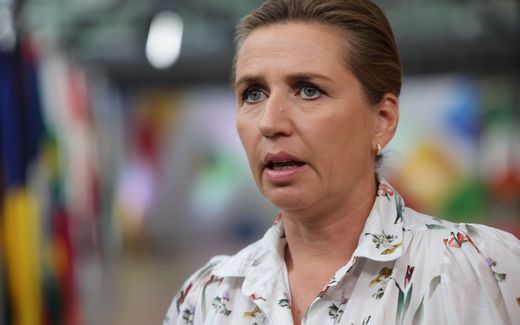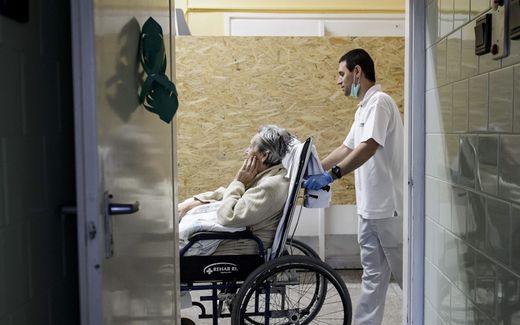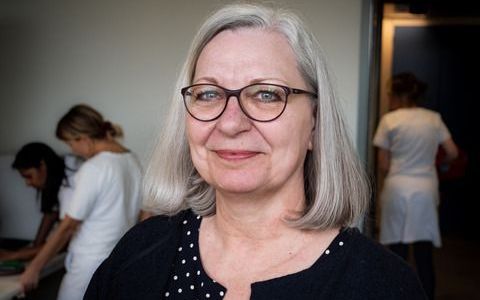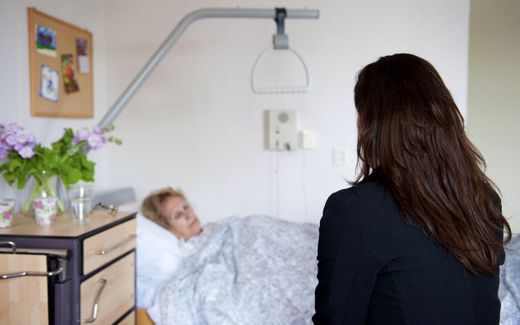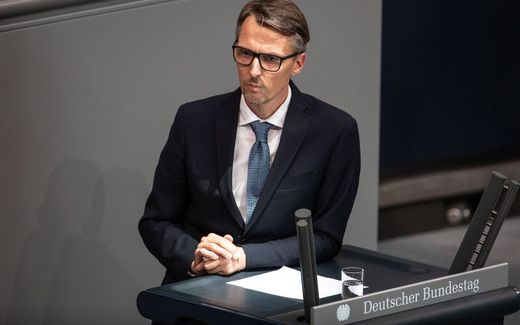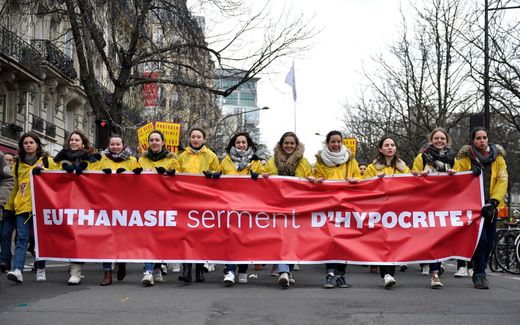Danish Ethical Council contradicts public opinion on legalising euthanasia
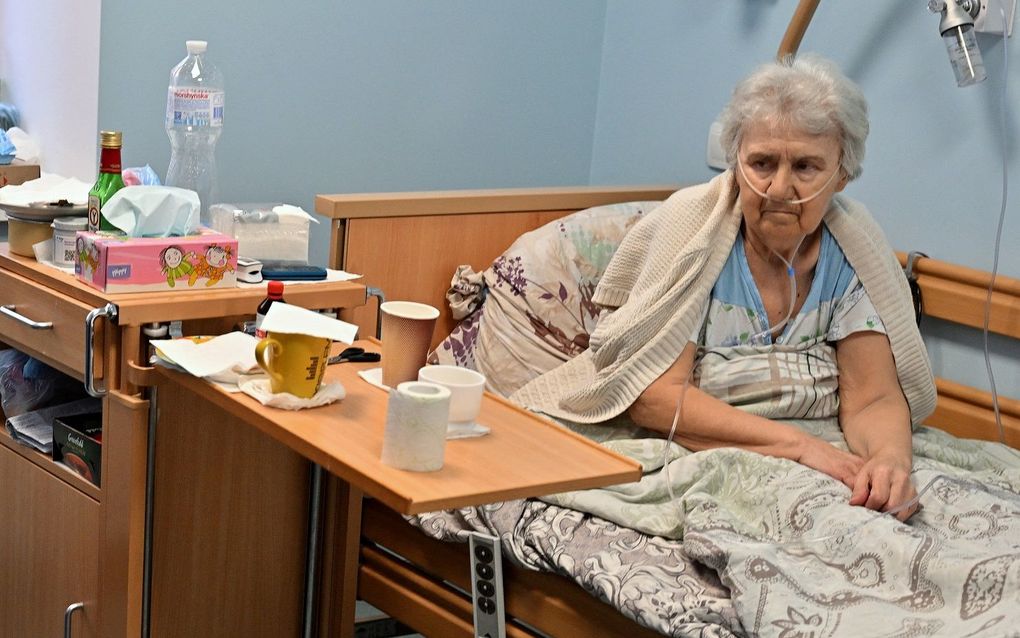
Elderly women with an oxygen concentrator. Photo AFP, Sergei Supinsky
Northern Europe
The Danish Ethics Council disagrees with the average Danish inhabitant. While the latter wants euthanasia to be legalised, the former is opposed to that.
It is not the first time that the Council of Ethics has spoken out against euthanasia. Instead, it is the fourth case in almost 30 years. And the advisory body is remarkably unified in its judgment: 16 out of 17 members voted against legalisation, Kristeligt Dagblad reports.
Proposal
On the other hand, close to 72 per cent of the Danes want the opposite to happen. In November, the Danish Parliament was forced to consider a citizen's proposal on legalisation, which gained the necessary 50,000 signatures.
However, the President of the Ethics Council, Leif Vestergaard, is convinced: "Help to die may be the right choice for a few, but harm far too many others", he said to Kristeligt Dagblad.
In a statement, the council recognises that there are some situations in which people desire to hasten their deaths. However, "the majority of members do not consider it possible that legislation can be developed which will be able to function properly and at the same time protect the esteem of those who are most vulnerable in society."
Worthy to die
Vestergaard worries that legalising active euthanasia pressures people to die. "A law that defines a number of groups who can have access to euthanasia will also include people who do not think they have a terrible life. Then we say to them that they are worthy to die. They may feel inconvenienced or pressured to consider euthanasia."
Council member Merete Nordentoft emphasises that disability organisations have protested against legalisation and "said they feel intimidated by the debate and feel that their lives are being called into question."
Relieve
The Ethics Council is not the only party that strongly opposes the legalisation of euthanasia. Earlier, medical experts and priests already spoke out against it. The Danish trade union for doctors says that "active euthanasia should not be an option." Instead, doctors would much rather focus on "how we relieve", says chairperson Helga Schultz to Kristeligt Dagblad. She points out that legalising euthanasia can make people think that it would be easier if they would not be alive anymore.
There should be a greater focus on palliation, says Brita Jørgensen, too. She is the chairperson of the Professional Association for Palliative Care Nurses. "You could provide relief much better if you, as a healthcare professional, had more resources and knowledge to do so", she points out.
Helga Schutz points out that active euthanasia violates the conscience of many doctors and nurses because it goes against helping, the main characteristic of the medical profession.
Questions
Among priests of the Church of Denmark, the resistance against legalising euthanasia is also enormous. Kristeligt Dagblad found out that nine out of ten are against it. Priest Inge Marie Kirketerp Hansen believes that this attitude might be because priests are often confronted with the big questions of life on a daily basis. "It is a strong Evangelical point that a person's value is not measured by what he can perform and deliver in one context or another", she says to Kristeligt Dagblad. "Therefore, the dignity discussion in the debate about active euthanasia is not about me taking control in the midst of pain and illness. Here, dignity is instead linked to how I am met and treated because I am still fully human. And human value is not about what you can do, but only about who you are."
Sedation
Why do the Ethics Council, the Church and medical experts differ so much in opinion from the general Danish population? Anette Hygum from the Ethics Council believes that this is because the average Dane lacks knowledge about the possibilities of palliative care. "We really have good options to relieve the patients, including het palliative sedation", she says," which we only use if we have no other options for pain relief."
As a medical expert herself, she points out that most dying patients do not want active euthanasia. "The vast majority of our patients want to stay alive as long as possible. The issue of active euthanasia is simply too complicated and nuanced for it to be posed as a yes/no question to the population."
Related Articles


